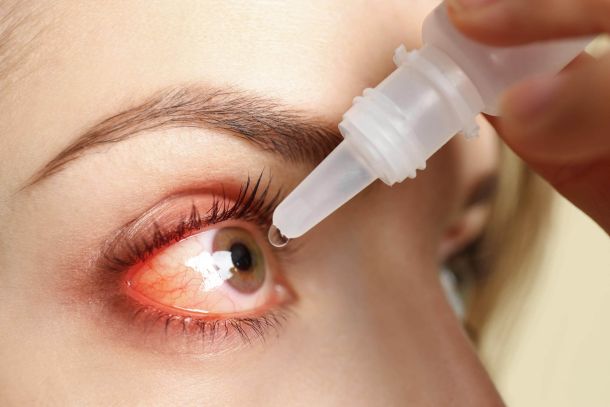Nasal smear for allergies: the workings and advantages of the method


Irina Makarova
What is a nasal swab for allergies?
A nasal smear for allergies is a medical test to determine the presence of inflammatory cells and allergic reactions in the nasal cavity. The test examines eosinophils, basophils and mastocytes, cells that play a key role in the development of allergies. In this article, an experienced allergist will explain in detail the process of taking a smear, the indications and preparation for it, and how to interpret the test results.
Nasal swab indications for allergies
The main indications for a nasal smear for allergies are:
- Suspicion of allergic rhinitis or allergic sensitization.
- Evaluation of the effectiveness of allergy treatment.
- Monitoring the condition of a patient with allergic conditions.
How to prepare for the procedure?
In order to obtain accurate test results, the following preparation rules are recommended:
- 3-5 days before the procedure, stop taking antihistamines.
- One day before testing, exclude contact with known allergens.
- Do not take vasoconstrictor drops in the nose 12 hours before the procedure.
- Refrain from smoking for 2 hours before the visit to the doctor.
How is a nasal smear taken?
The process of taking a nasal smear for allergies is fast and easy. The doctor inserts a sterile cotton swab into the patient's nasal passage and runs it over the mucous membrane. The swab is then removed and the material is put on a glass for microscopic examination. The procedure is not painful and takes only a few minutes.
Nasal smear analysis for allergies: results and interpretation

The analysis of a nasal smear for allergies includes the study of the following indicators:
- Eosinophils are a type of white blood cell that is involved in the development of allergic reactions and inflammatory processes. Their increase in the smear indicates an allergic reaction.
- Basophils are another type of white blood cell involved in allergic processes. They produce histamine and other substances that cause inflammation and swelling of the mucosa.
- Mastocytes are cells that also participate in allergic reactions and produce histamine. An elevated mastocyte count in a smear indicates the development of an allergy.
Normal values of values
Normal values of the nasal smear indicators for allergies are as follows:
- Eosinophils: less than 5% of the total number of cells.
- Basophils: less than 1% of the total number of cells.
- Mastocytes: less than 2% of the total number of cells.
What do abnormalities mean?
Abnormalities in a nasal smear test for allergies may indicate the following conditions:
- Elevated eosinophils, basophils, and mastocytes indicate the development of an allergic reaction.
- An increase in eosinophils alone may indicate some inflammatory processes not related to allergies.
- An increase in basophils or mastocytes alone requires further evaluation to identify possible causes.
The relationship of smear results to different types of allergies

Nasal smear results for allergies can be linked to different types of allergies. In particular, high levels of eosinophils, basophils, and mastocytes may indicate allergic rhinitis caused by pollen, house dust, mold, or animals. In a child, the test may help identify allergies to foods, supplements, or medications.
Antihistamines (such as cetirizine, fexofenadine, levocetirizine), steroid nasal drops (such as mometazone, fluticasone), or immunotherapy may be prescribed to treat allergies. The choice of specific treatment depends on the cause of the allergy, the severity of the symptoms, and the age of the patient.
A nasal swab for allergies is an important diagnostic tool for detecting an allergic reaction and evaluating the effectiveness of treatment. The results of the test determine the level of eosinophils, basophils and mastocytes in the nasal cavity, which helps the allergologist determine the type of allergy and prescribe the appropriate therapy. Following the rules of preparation for the procedure and timely consultation with your doctor will help you get accurate results and successfully manage your allergies.
New materials
Popular Articles
We recommend reading
Contact us in the Contact Us section to ask questions, offer ideas, or for more information about our allergy resource.
Our articles are your trusted source of allergy knowledge. Learn how to make life with allergic reactions easier on our specialized portal.
©
Lechenie-Allergii.com. All rights reserved.
© Lechenie-Allergii.com. All rights reserved.
The information on this site is for informational purposes only and is not a substitute for professional medical advice. We recommend consulting with qualified medical professionals for accurate information and advice.
 English
English  Українська
Українська  Русский
Русский 









